
|
This comprehensive book provides its readers with fruitful information with regard to the types of interviews, answers to interview myths, common interview mistakes, and many more. It also includes some commonly asked questions and ideas about how to answer these questions. If you are not completely new to job interviews but would like to further improve your interview skills and avoid common mistakes, this book is just right.
Highlights include "Interview myths" (Ch. 4), "Comm interview mistakes" (Ch. 5) and "Building rapport and trust" (Ch. 9).
|
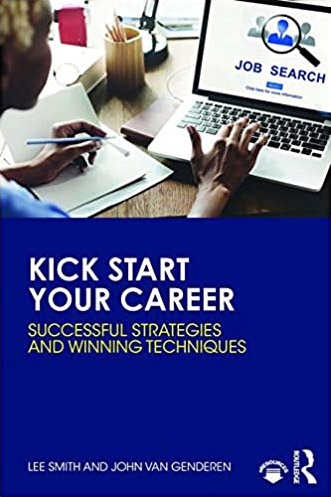
|
In addition to basic job searching strategies, this book features practical advice on finding a job in an international context in the 21st century. There is a special section on establishing your online profile in social media such as LinkedIn and Twitter (Ch. 7). Detailed discussions have also been devoted into the preparation of country-specific resumes (Ch. 12, 13 & 15) and cover letters (Ch. 16). The book finishes off with a chapter of practical interviews tips (Ch. 17) and is genuinely an all-in-one book for your job application preparation.
|
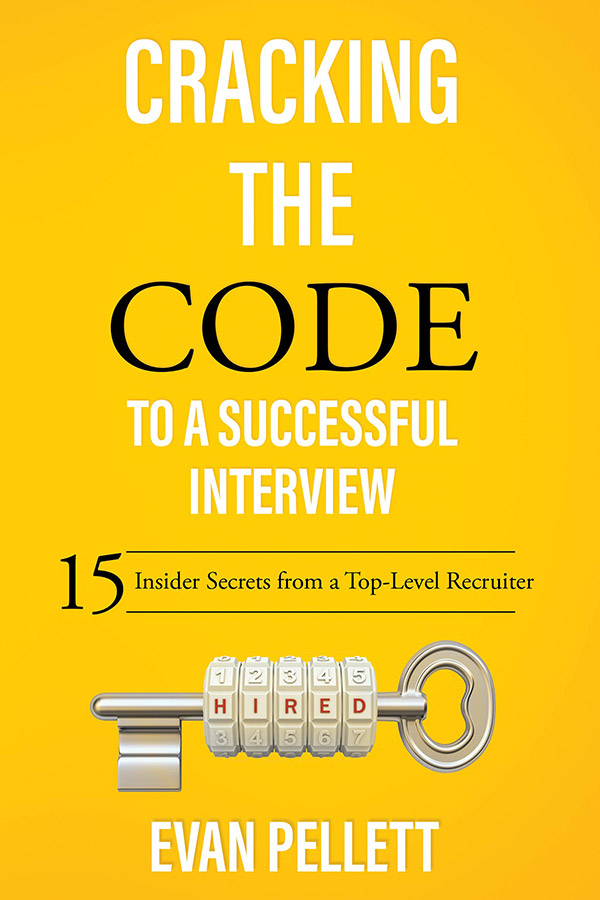
|
Knowing what job interviewers want based on his extensive hiring experience, the author of this book will help bring out the best of you in job interviews. Concepts are distilled into the eight-step REAPRICH practices, namely Results, Energy, Attitude, Process, Relationships, Interview the interviewer, Close the interviewer and Humanity. Insider secrets are also revealed, giving you relevant tips in each chapter. This book is especially good for a last-minute quick preparation as it is short and easy to read.
Highlights include "Critical commonsense interview preparation" (Ch. 2), "Interview the interviewer" (Ch. 6) and "Recap of REAPRICH steps in order" (Ch. 9).
|
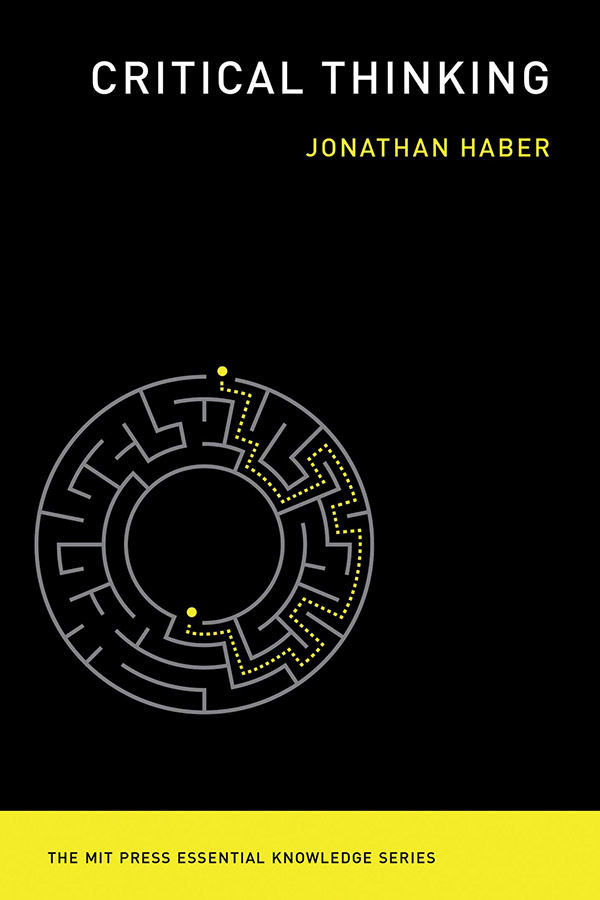
|
We might believe fake news, draw incorrect conclusions, and make decisions based on emotion rather than reason. Viewing critical thinking from philosophy, psychology, and science, this newest edition explains how the concept of critical thinking emerged, how it has been defined, and how critical thinking skills can be learned and assessed. It is, for sure, a great book for your personal growth.
Highlights include "John Dewey" (in Ch. 1), Components of critical thinking (Ch. 2), "Can critical thinking be taught?" (in Ch. 3) and "Can critical thinking be assessed?" (in Ch. 3).
|
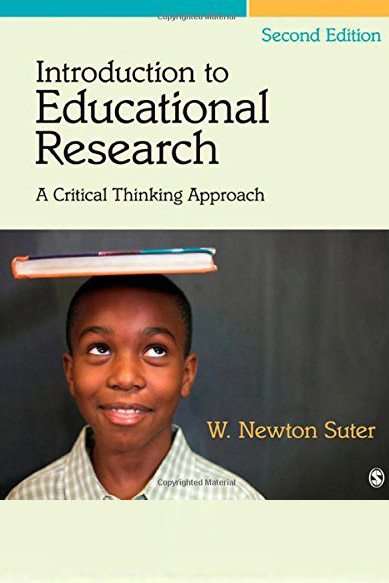
|
Critical thinking is an essential skill for university students, especially when conducting research. This book is designed for novice educational researchers who are trying to understand and design research through the lens of critical thinking. It starts with how research should be perceived before practically guide readers to consider various issues along their research journey.
Highlights include "Thinking about research" (Ch. 2), "The research problem" (Ch. 4), "Research language" (Ch. 5), "Research bias and control" (Ch.7) and "Research analysis and critique" (Ch. 14).
|
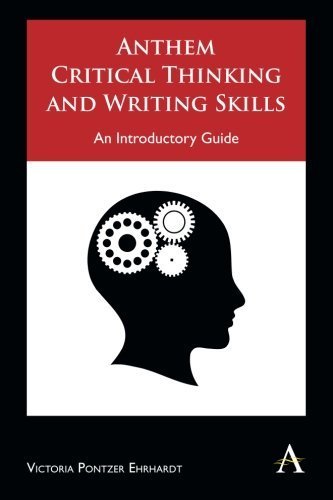
|
Critical thinking is commonly involved in everyday decisions. With the use of logic games, puzzles, and real life examples at the beginning, this book gradually moves towards formal concepts such as induction, deduction, forming a proposition, identifying issues, gathering evidence, and processing an argument.
Highlights include "What is argument?" (Ch. 2), Inductive reasoning (Ch. 4), Deductive reasoning (Ch. 5) and "Errors in reasoning: the classical fallacies" (Ch. 6).
|